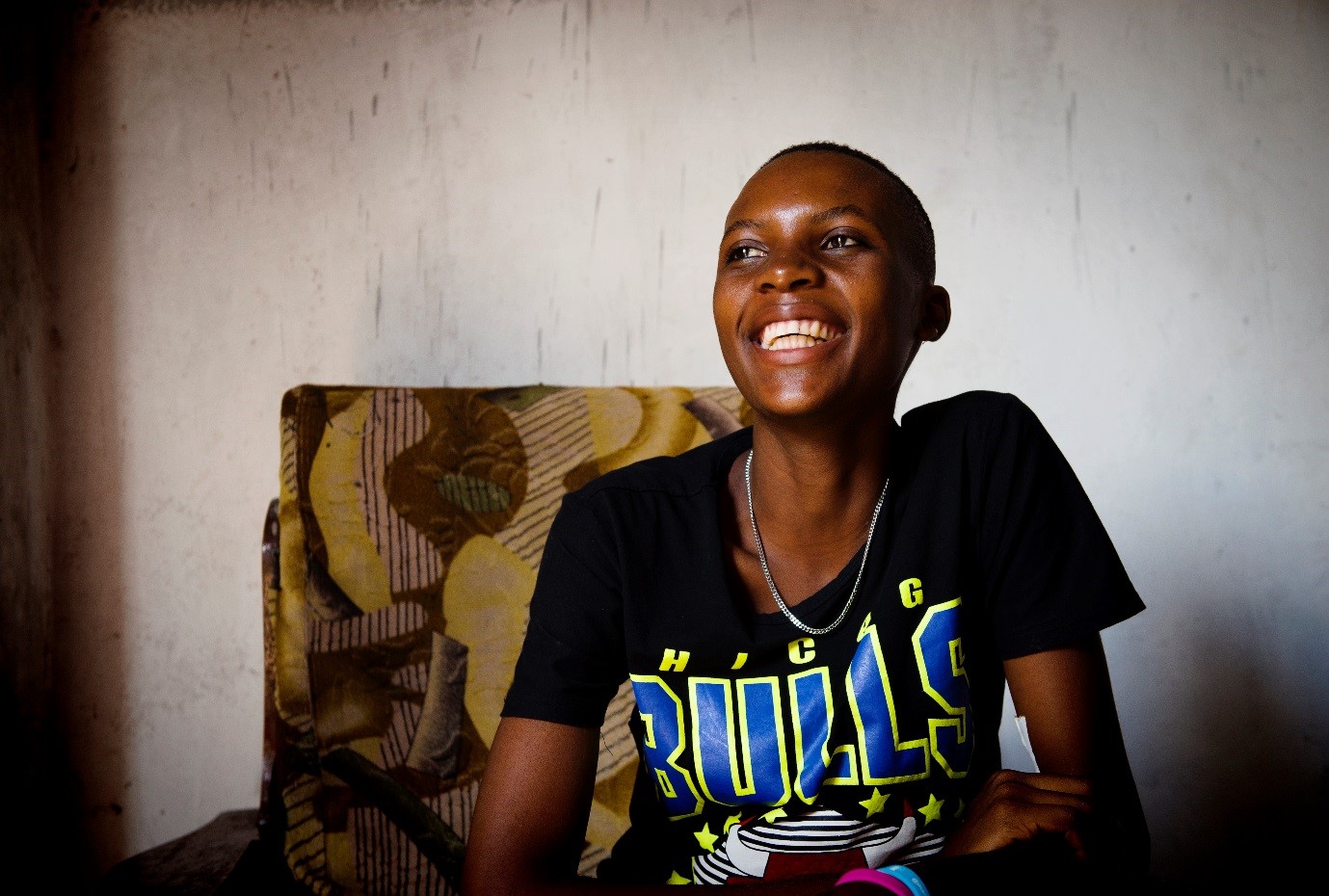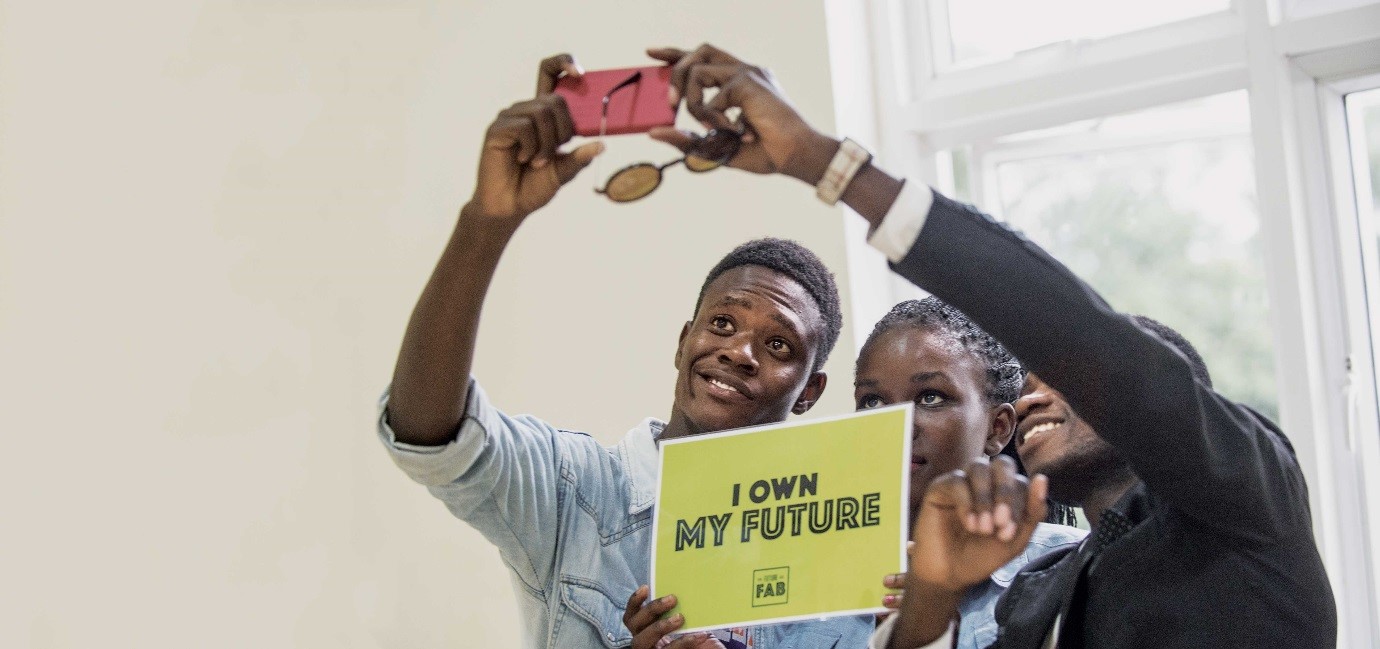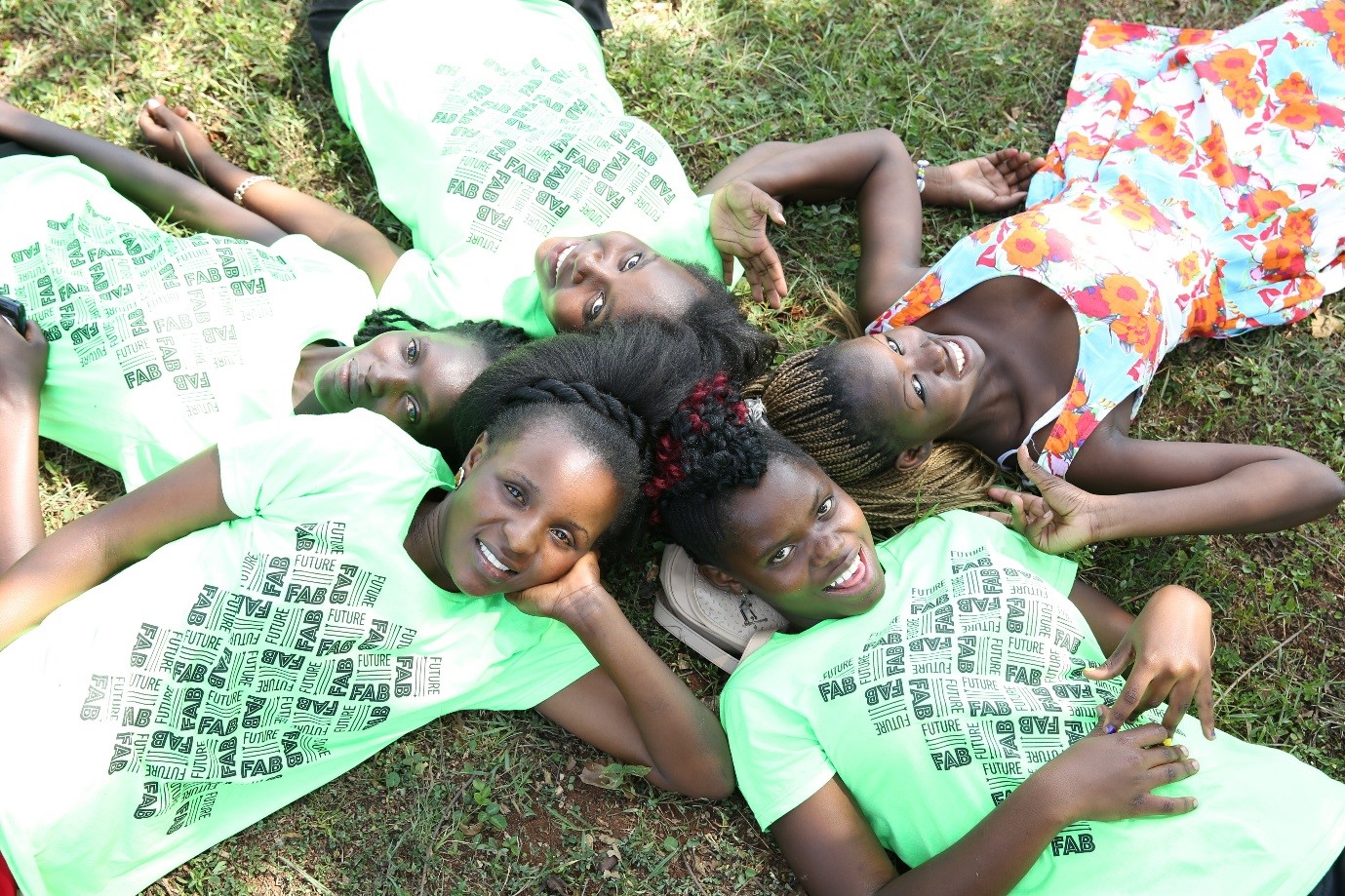Empowering adolescents to claim their Sexual and Reproductive Health and Rights
The provision of comprehensive health services saves lives and money but too often the sexual and reproductive health needs of women and girls are excluded within comprehensive health care packages. We know from our front-line service delivery that adolescents face even greater barriers when trying to access these services.

The Challenge
Roughly one quarter of the world’s population is between 10-24 years of age. Giving adolescents reproductive choices and the means to take control of their future is non-negotiable if we are serious about delivering comprehensive health care for all. Unfortunately, these necessary services are often unavailable or inaccessible. The result is devastating and complications from pregnancy are the leading cause of death amongst young women aged 15-19 globally – many due to unsafe abortion.
As a service provider and advocate, Marie Stopes International has a unique role to play in reaching young people, removing barriers, and delivering reproductive choices on their terms. Working with key partners, we have identified some pragmatic insights about how to better serve young people with the quality healthcare they deserve.
Our insights so far
Respect Matters: While research often indicates that adolescents prefer to receive advice from younger providers of the same sex, our experience tells us that what matters more is the attitude of the provider. Given how pivotal provider attitudes are, our goal is to move away from one-off trainings, to a more systematic approach to reduce stigma through values clarification and supportive supervision. MSI’s Values Clarification and Attitude Transformation (VCAT) workshops provide a safe space for providers to explore, question, confirm and clarify their values around safe abortion, contraception and SRH for young people, while challenging deeply held myths and beliefs.
Tailor Demand Generation: Adolescents are not a homogenous group so a tailored approach to demand generation has proven essential. Demand generation activities may include mass media campaigns, as well as face to face demand generation through education sessions and community events. These activities aim to increase potential clients’ acceptance of, interest in, and demand for SRH services. Our demand generation and messaging is tailored according to the different life stages that adolescents are at. For example, the differences between urban girls who do not have children yet and rural, married girls who are already mothers are significant and require different strategies.
Combine Free Services with Demand Generation: Evidence suggests that removing cost barriers not only increases the number of girls that access services, but also increases uptake of long-acting reversible contraception. However, removing cost barriers alone are not enough and must be paired with demand generation.
Ensure Service Provision is Immediate and Convenient for young clients: Our country programmes that most effectively reach adolescents have models that combine discreet, out-of-facility services with high quality, adolescent-focused mobilisation and community engagement. When this is not possible, using ‘connectors’ who accompany girls to static clinics can make attendance less intimidating due to the trust built between connectors and adolescent clients.
Dedicated resources are needed to build a youth-friendly environment: Particularly in rural areas, community leaders and influencers can often act as mediators between adolescents and parents or husbands on many issues. We also work with partners to remove legal constraints which can dramatically increase access, reduce stigma and reassure providers about serving young people.

Future Fab has been one of MSI’s most successful youth programmes informing the organisation’s primary lessons on reaching youth. Launched in June 2016 by Marie Stopes Kenya and IDEO.org, the programme is a three-step model to increase adolescent access to contraception and sexually transmitted infection (STI) services.
In the first step of the programme, adolescents are invited to events that build common ground with messages of bright futures. These are interactive sessions led by young people and centred around ‘owning’ their future and exploring what girls want – employment, education, a happy family – and using testimonials from other adolescents already using contraception.
Second, parents, community leaders, and teens are invited to small group sessions to learn about contraception and the positive role it can play in a young person’s life. In this step, long term relationships are developed with the government and community leaders to build acceptance and shift norms on adolescents using contraception. Only then are services introduced in clinics providing teen-friendly services and through pop up service delivery points.
In 2017, 25,000 adolescent clients were served with contraception and STI services through the Future Fab programme. The average number of adolescents visiting the centres each week increased from three to 20.
There is no silver bullet, and no single approach that can transform access to sexual and reproductive health services for young people overnight. However, by listening to and engaging with adolescents, by being willing to invest, to take risks and to fail, Marie Stopes International has developed programmes that are starting to deliver more youth-friendly services – informing, educating, de-stigmatising and encouraging – to enable young people to access the advice and services they need.

For more information on MSI’s work in reaching youth, see our 2017 Impact report here or contact Anne Parker, Senior Global Marketing Advisor, Adolescents & Poverty at: anne.parker@mariestopes.org.


